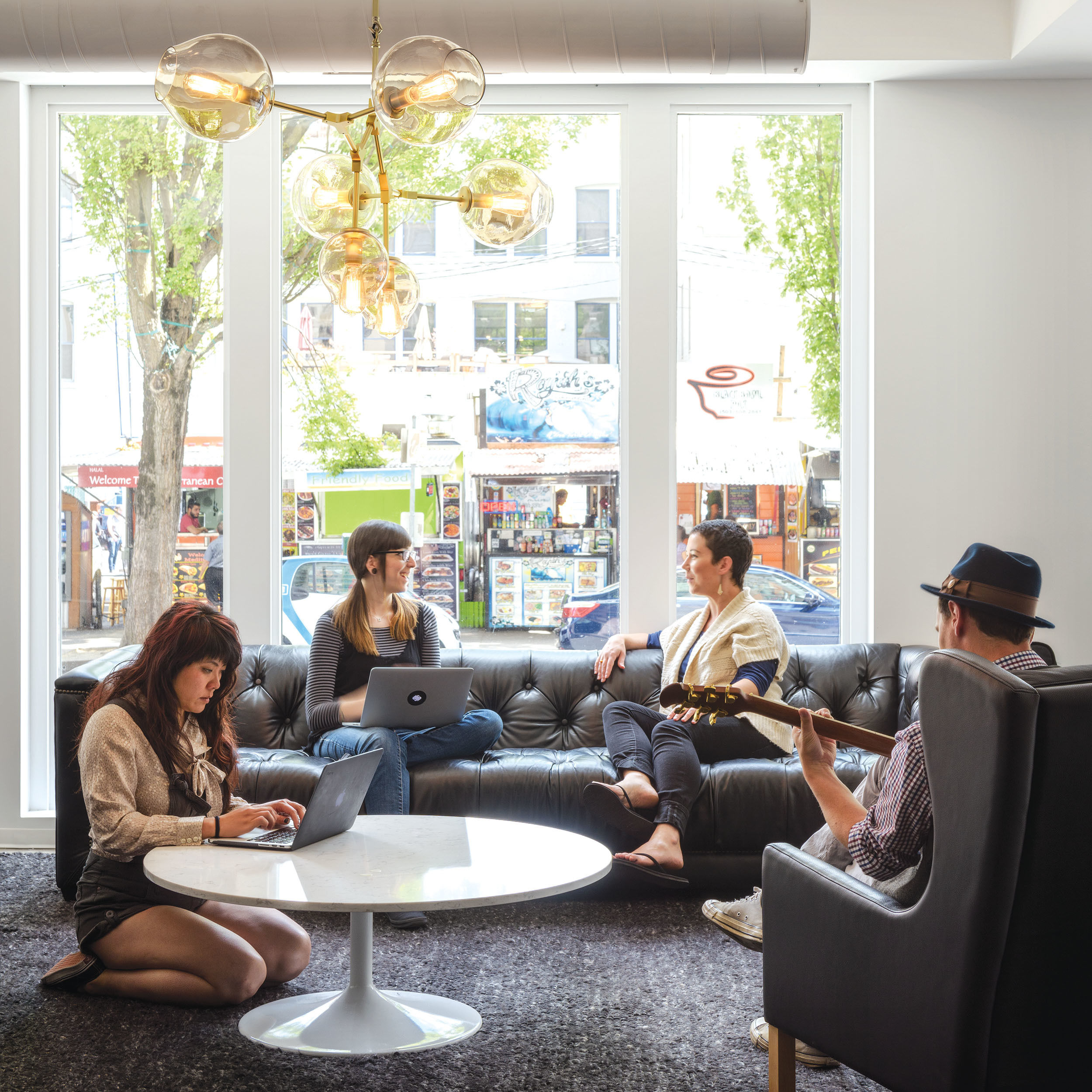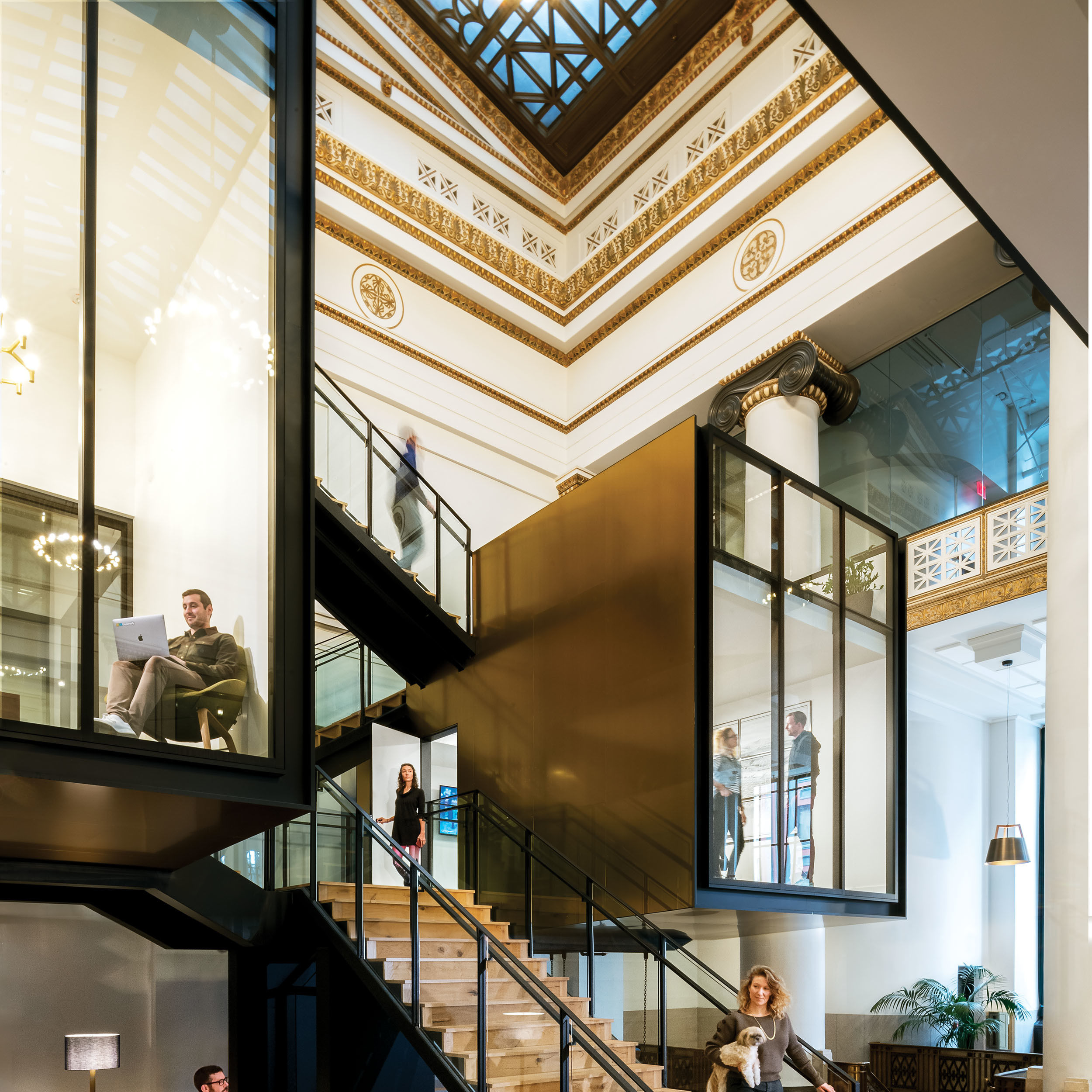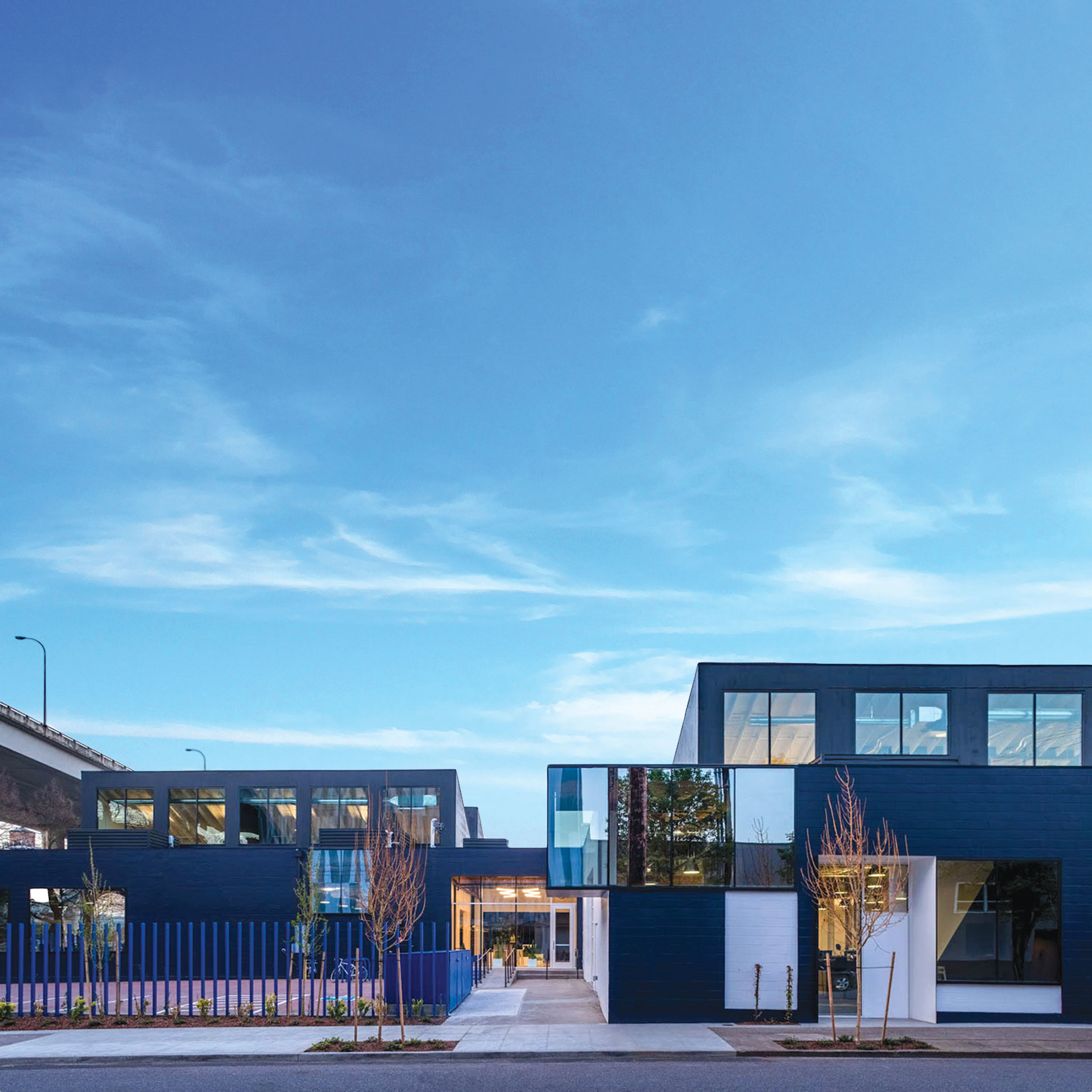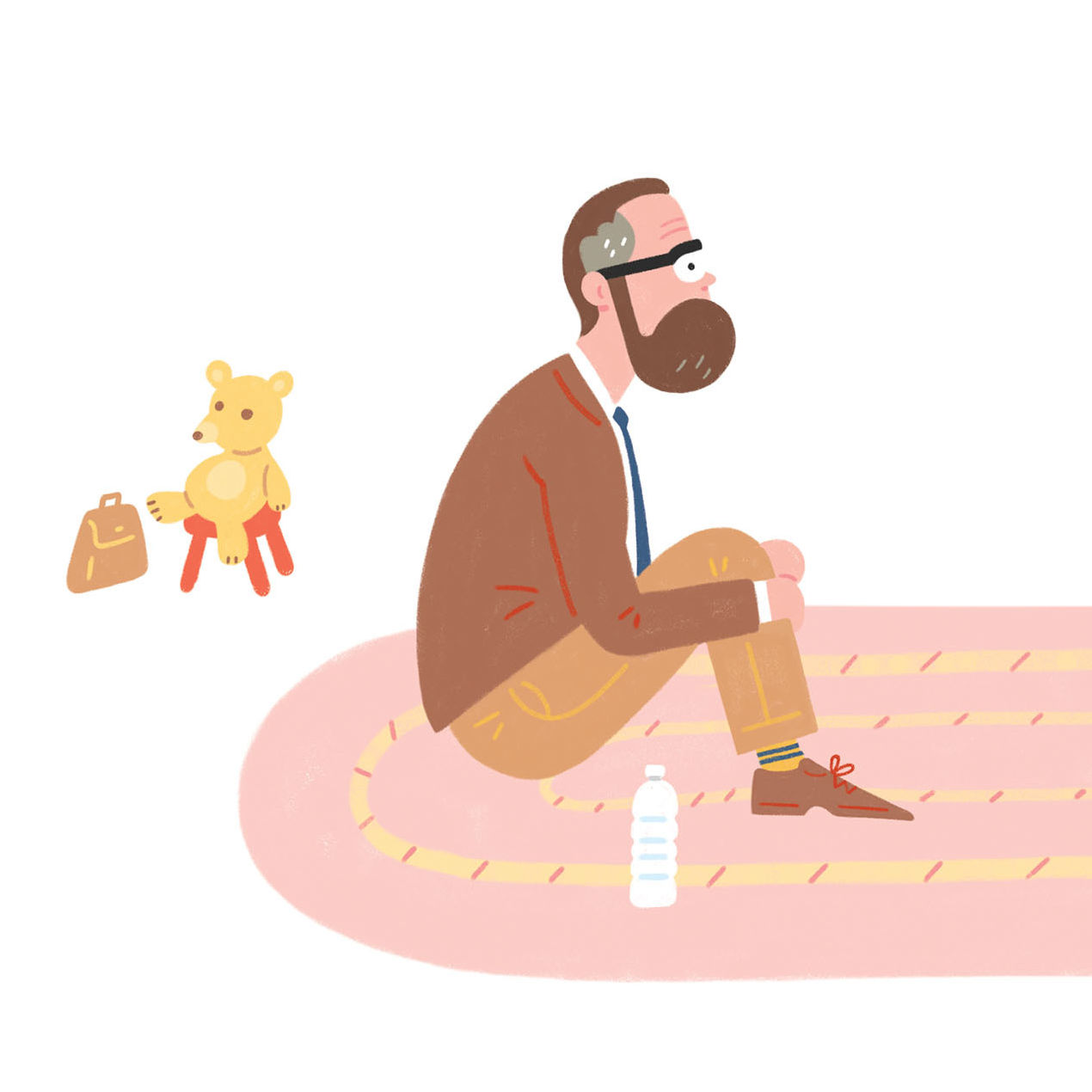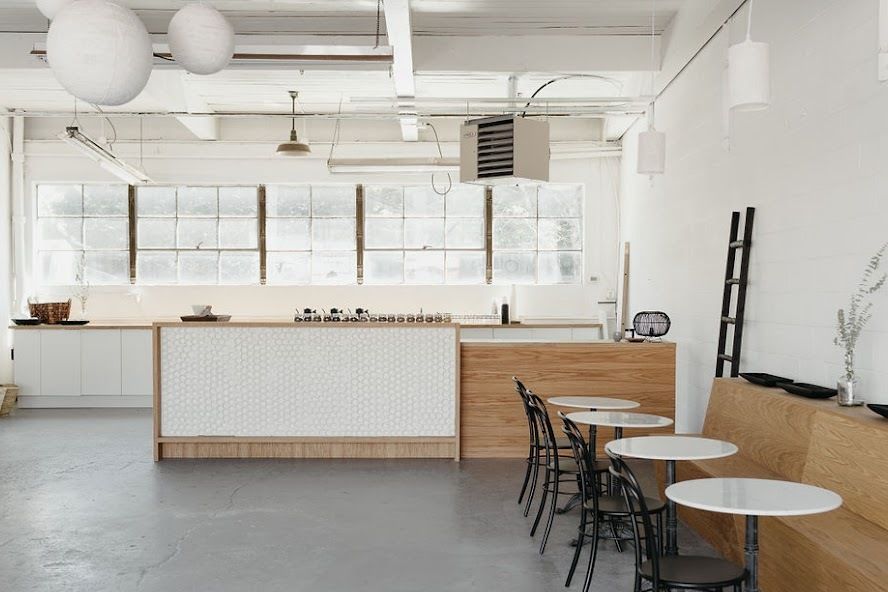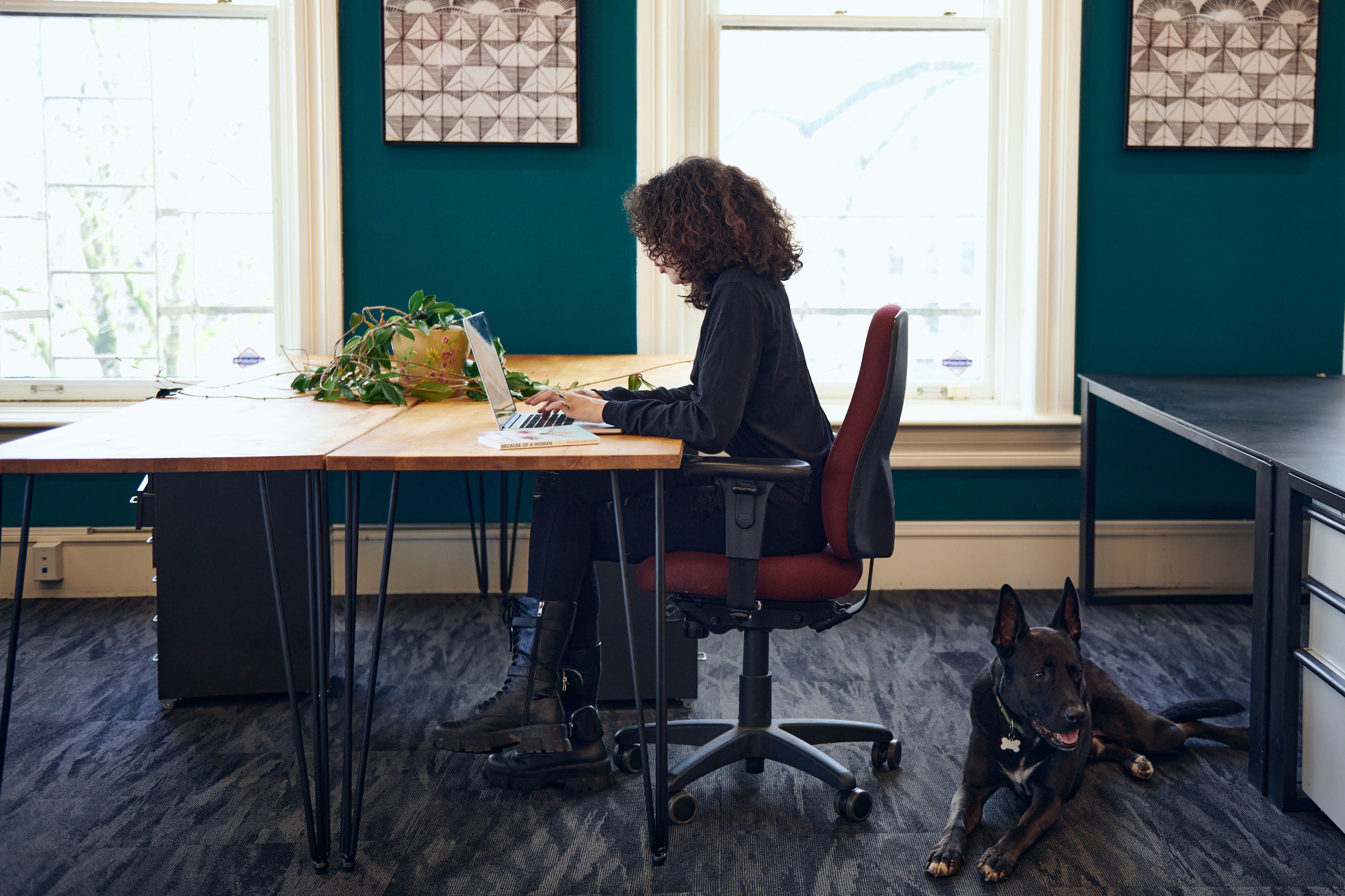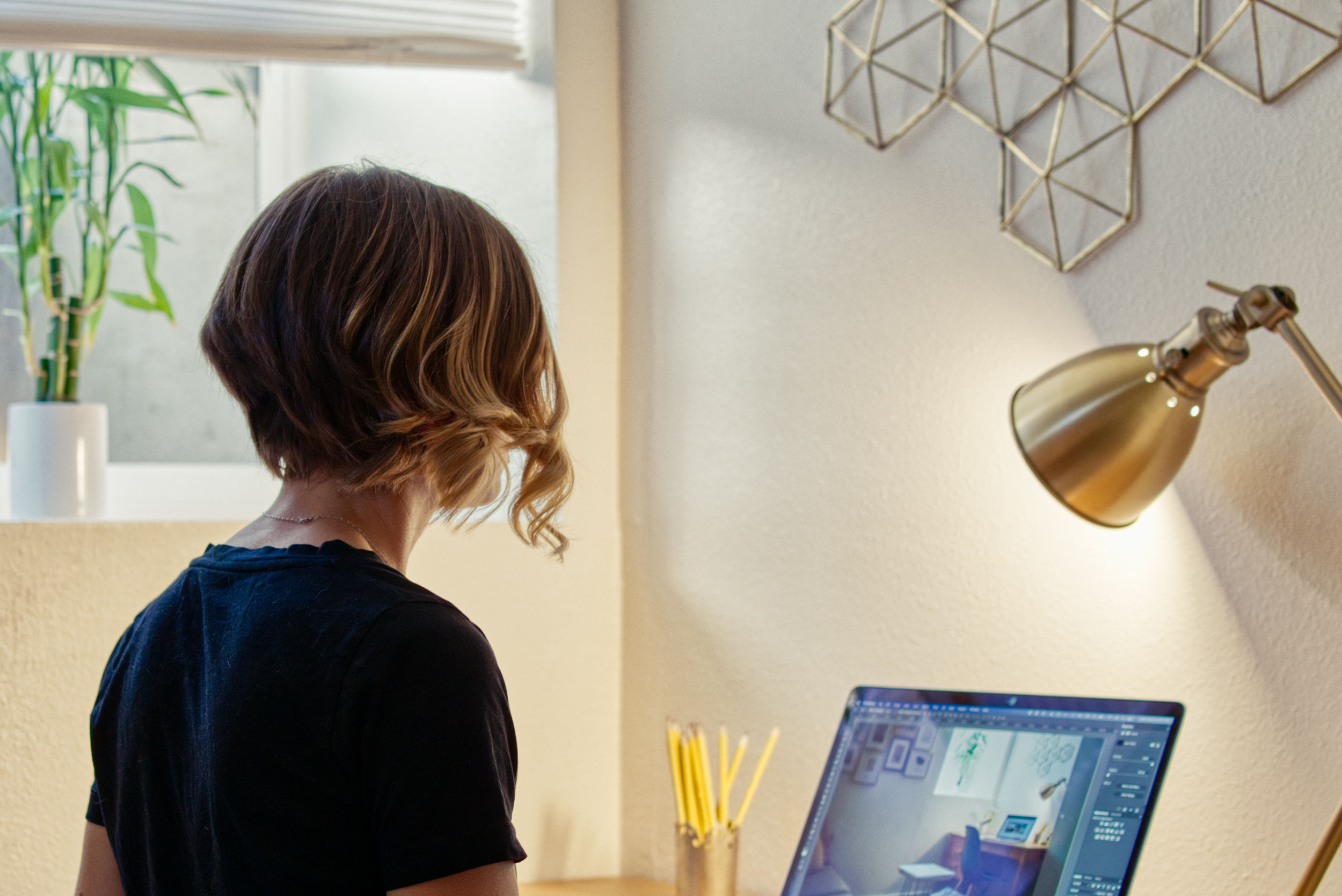In the Age of the Internet, Why Do We Still Need Offices?
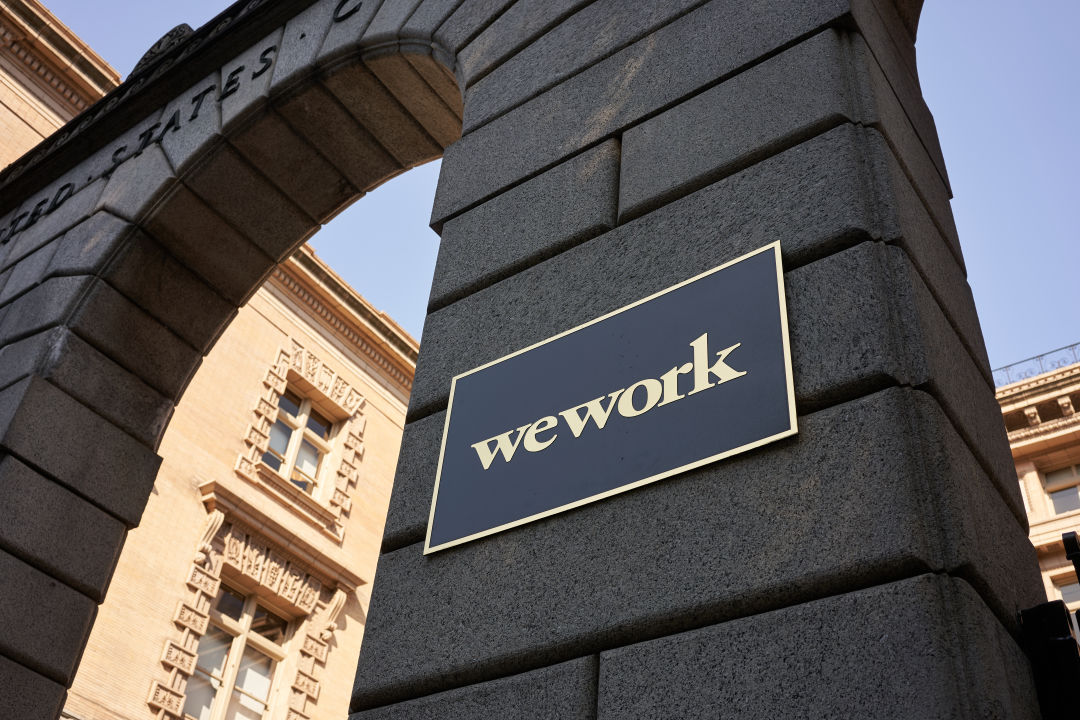
Outside WeWork's coworking space in the US Custom House in the Pearl District
Why do we get up each morning to walk/bike/drive to office spaces? Like, what’s the point? Is it just a tradition the briefcase-bearing boomers made up to torture us?
After all, it’s 2020. The internet is 25-plus years old. Email has been around a decade longer than some of our colleagues have been alive. Most of us—or at least those of us who are privileged enough to afford a personal computer and internet connection at home—have the same access at home as we do at the office. The coffee is better at home, too.
So why come to this thing called the office, that ready metaphor for drudgery and instant antidote to #vanlife?
I suppose the office helps us be social. And put on pants. Offices mean relationships. And relationships can mean happiness. Freelancers who’ve joined a coworking space report 83 percent less loneliness—half say they feel like they are part of a community.
And there have been improvements in how offices are designed. The cubicles of yore are long gone. (Mostly.) Even better, the era of pure open office plans seems to be over, too. In the middle 2010s, it seemed like every new commercial office space boasted an open floor plan that removed any physical boundaries between employees. Touring one such space near Pioneer Courthouse Square, a cavernous three-story tech firm laid out in a sleek but sterile open plan with banks upon banks of workstations, my guide gushed about the burst of productivity these exposed workers would have when they no longer had to walk somewhere to talk to a coworker. No surprise: all of the senior managers got their own offices.
As it turns out, when you remove physical walls between workers, they invent new ones, like headphones or IM. One recent study found natural conversation in open offices actually decreases compared to ones with offices or private areas. Workers in these open spaces also say they face more distractions, like unwanted coworker conversations.
In our survey of Portland offices, the new ideal seems to be somewhere in the middle, giving employees the option of floating in between an open office’s brightness and transparency, and darker, quieter, more private focus rooms and nooks, where serious work can be hammered out in peace.
So for a third time: why do we work in offices?
As I am typing this, I’m actively ignoring a Slack conversation about a strange and demented interview with the founder of Papa John’s. Sure, I could carry on the same messaging thread from home. But would I hear the laughter of my coworkers when someone posts the perfect reaction gif? I think not.




